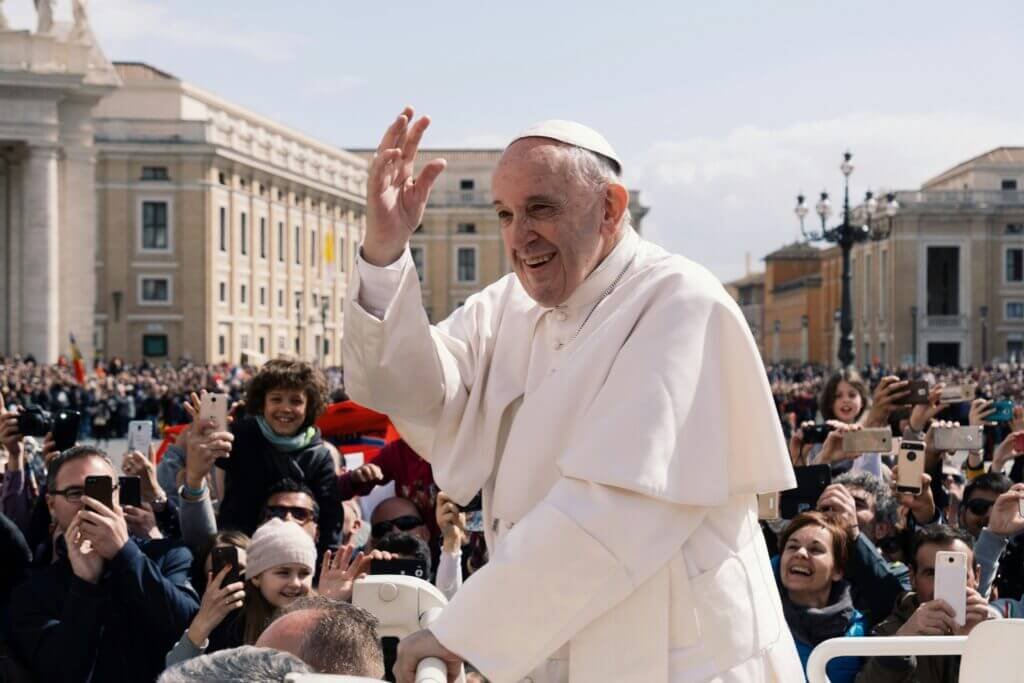
The Vatican’s Global Property Empire: A Legacy of Papal Oversight and Financial Reform
With the passing of Pope Francis today, renewed attention is being paid to the Vatican’s spiritual legacy — and its lesser-known yet far-reaching influence in global property investment. For decades, the Vatican has quietly amassed a substantial real estate portfolio spanning multiple continents, positioning the Catholic Church as one of the most discreet yet powerful landlords in the world.
At Movehut.co.uk, the global property investment platform, we examine how the Vatican’s holdings have evolved, and the part played by Pope Francis and his predecessor Pope Benedict XVI in reshaping the Church’s financial foundations.
A Hidden Global Portfolio: The Vatican’s Real Estate Holdings
The Vatican owns thousands of properties across Europe and beyond. These range from historic villas and office blocks in Rome to luxury apartments in London, commercial sites in Paris, and diplomatic premises in Geneva. There are even properties in South America and Africa, held through religious orders and diocesan networks.
This vast global portfolio is overseen by the Administration of the Patrimony of the Apostolic See (APSA), which manages the Church’s assets in support of its spiritual and administrative mission. While the Holy See does not operate like a typical commercial landlord, income from property forms a major part of its annual revenue.
One of the most controversial acquisitions was a luxury property in Chelsea, London, bought using charitable funds and later sold under pressure during a financial scandal. This event prompted widespread calls for reform and greater oversight of Church investments.
Pope Benedict XVI: Quiet Recognition of the Financial Challenge
During his papacy from 2005 to 2013, Pope Benedict XVI witnessed growing unease around the Vatican’s financial opacity. Though not deeply involved in day-to-day property management, he supported early efforts to bring Vatican finances in line with international transparency standards.
Benedict approved preliminary audits, encouraged ethical finance discussions, and began the slow process of modernising financial governance. His resignation marked a turning point — not only in the papacy, but in how the Vatican would confront its own structures.
Pope Francis: Taking Reform Global
Pope Francis, who passed away today, took a far more direct approach. One of his key objectives was to ensure that the Vatican’s investments, including its global property assets, reflected the values of accountability and stewardship. He oversaw the restructuring of APSA and commissioned reviews into how Church funds were being deployed.
Under his leadership, the Holy See exited the Chelsea investment — absorbing a financial loss, but gaining public trust. Francis also pushed for external audits, tighter procurement controls, and increased public reporting of the Church’s financial position. His reform agenda aimed to align the Vatican with the standards expected of large-scale property investors operating globally.
What This Means for the Future of Global Property Investment
The Vatican’s real estate activities serve as a stark reminder that global investment property isn’t confined to corporations or high-net-worth individuals. Religious institutions — often overlooked in this space — hold significant sway over property markets in world capitals.
As a global property investment platform, Movehut.co.uk continues to monitor how institutions like the Vatican adapt to shifting expectations around transparency, ethics, and financial responsibility. With both Pope Francis and Pope Benedict now passed, the Church’s future direction will be closely watched by those invested in the intersection of faith and finance.
Legacy, Accountability, and the Role of Institutions
The Vatican’s global property empire stands as one of the most intriguing case studies in institutional investment. While Pope Benedict quietly acknowledged the issues, it was Pope Francis who acted. Their shared legacy has reshaped how one of the world’s oldest institutions engages with its wealth — and how it is perceived by a watching world.
As property markets continue to globalise, and as ethical scrutiny increases, institutions of all kinds will need to follow suit. Whether religious or commercial, transparency is no longer optional.



